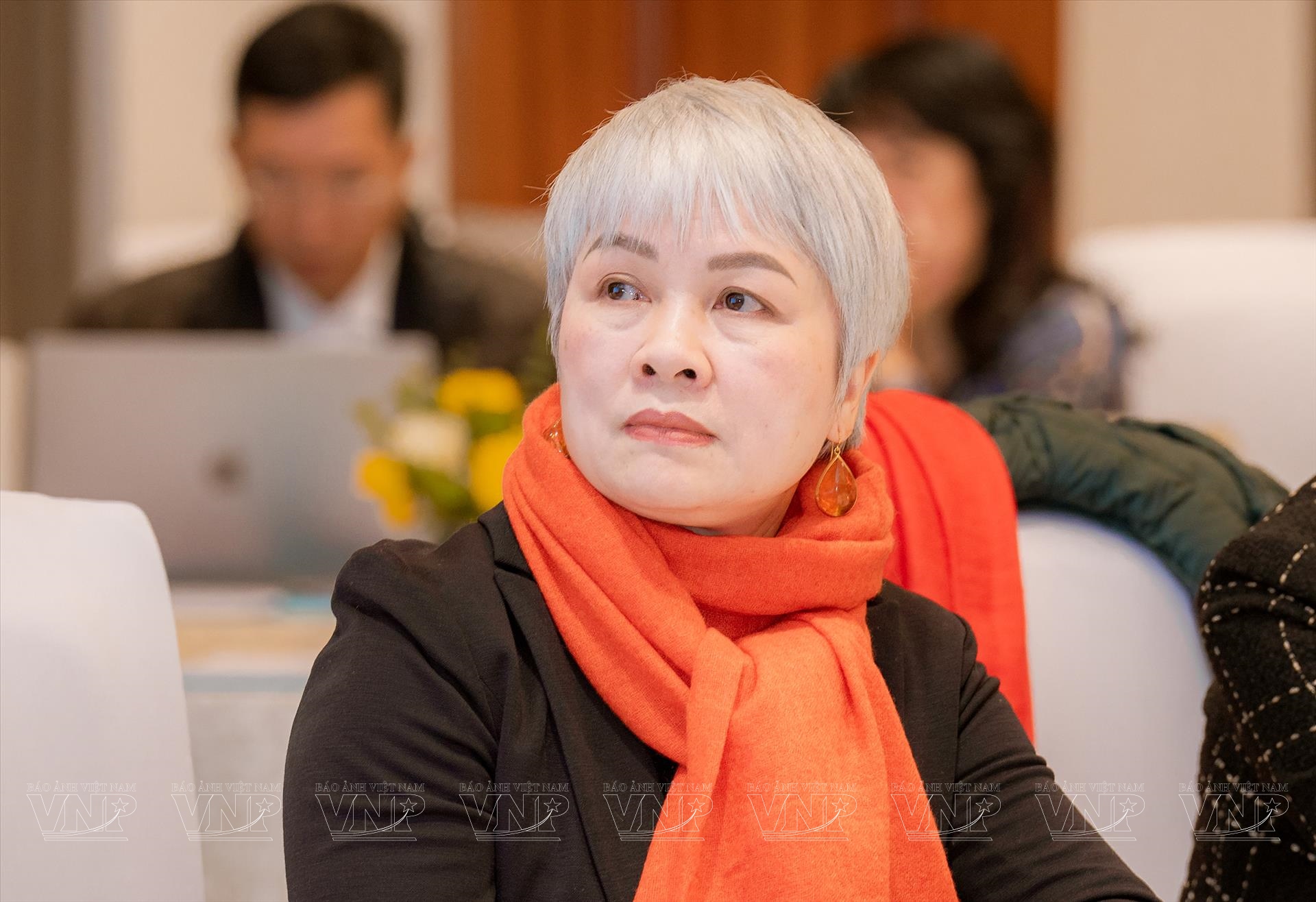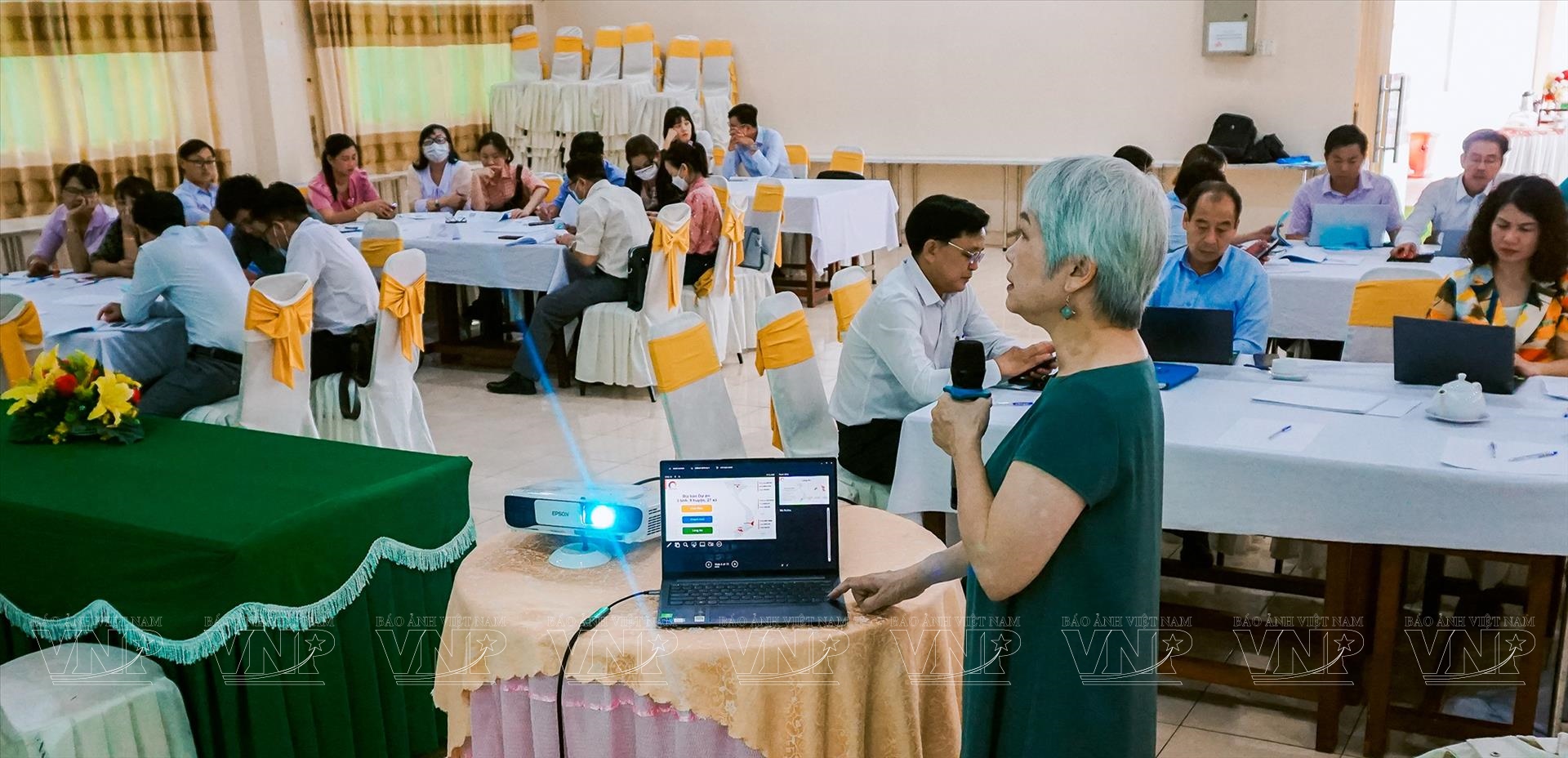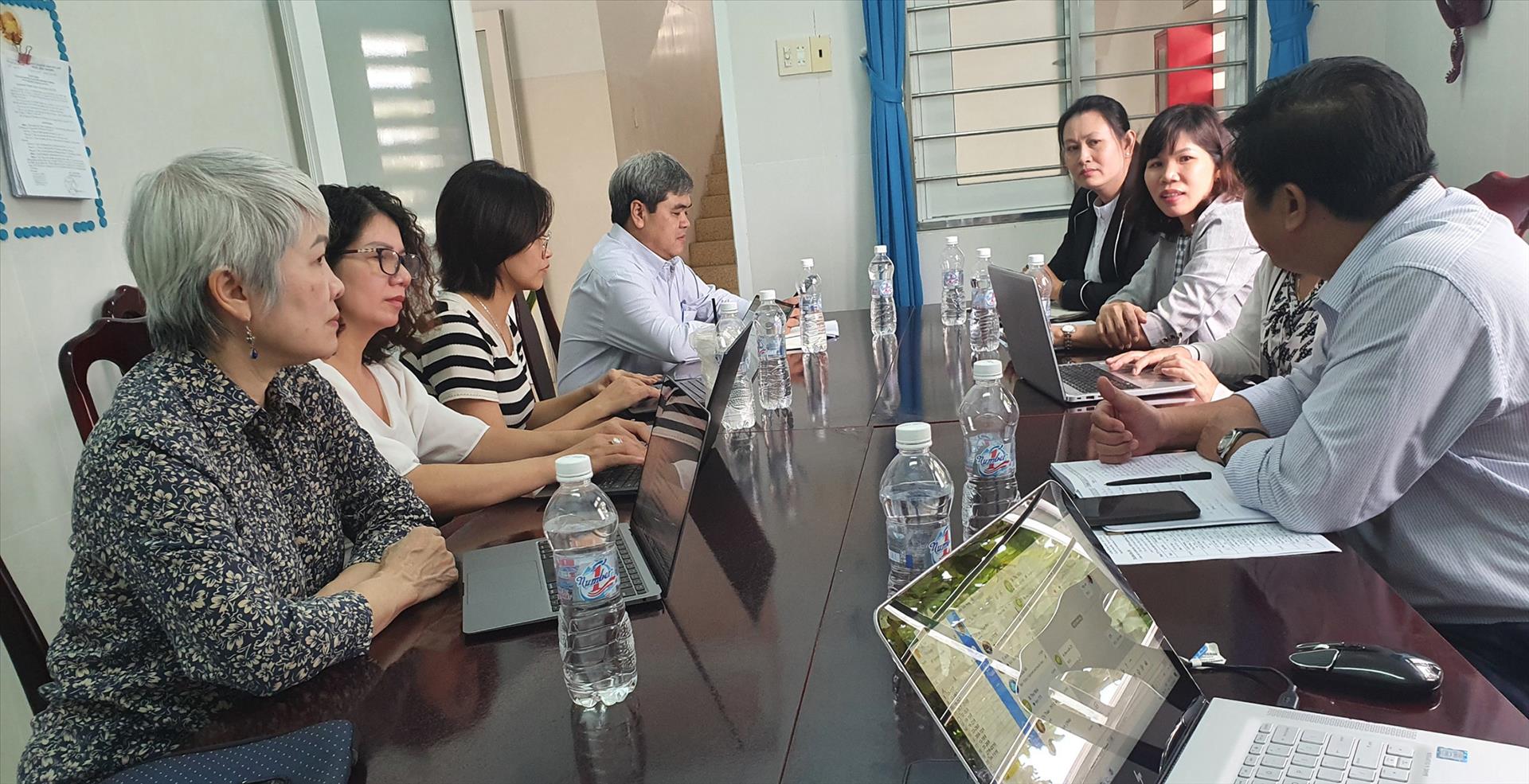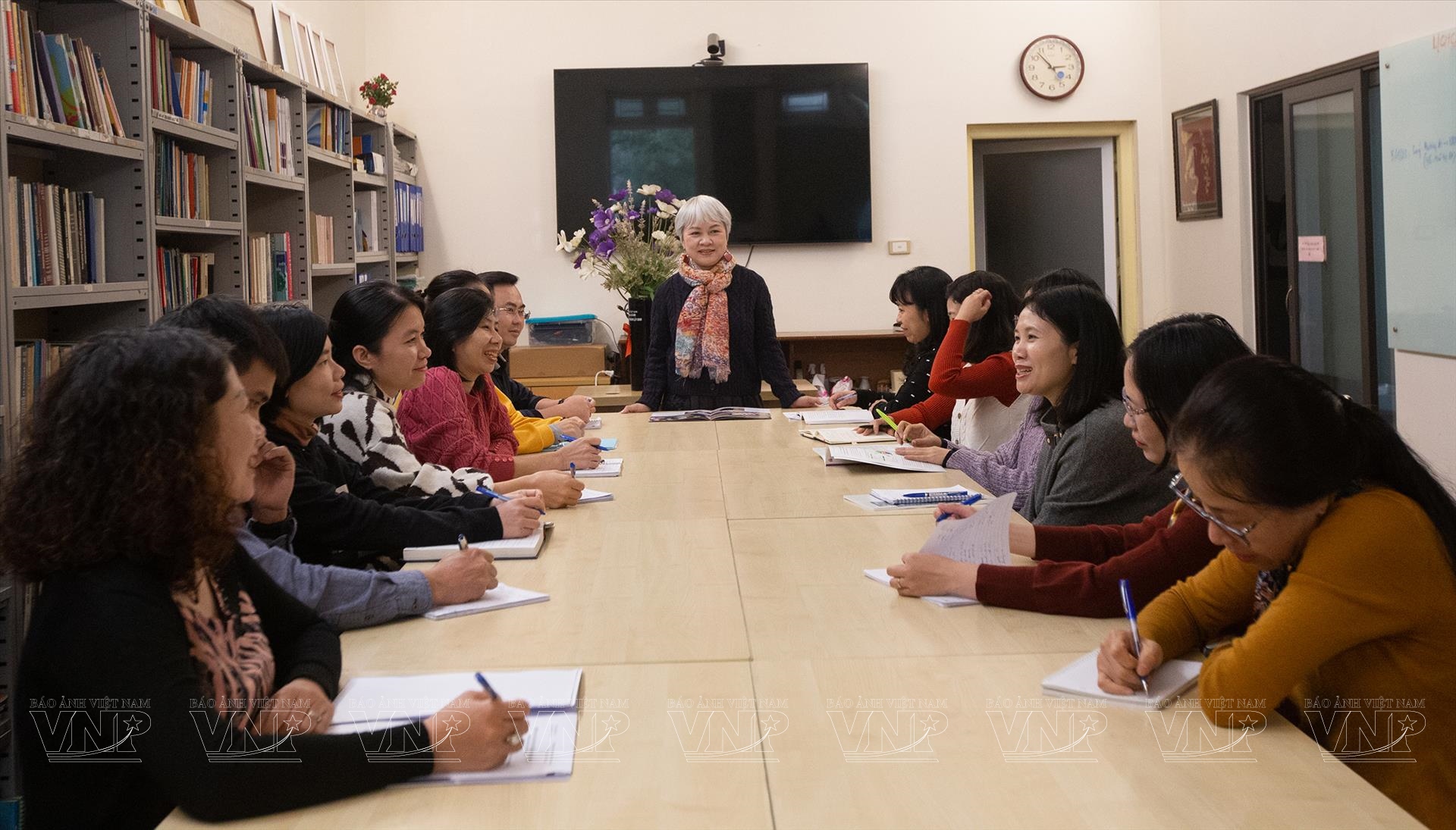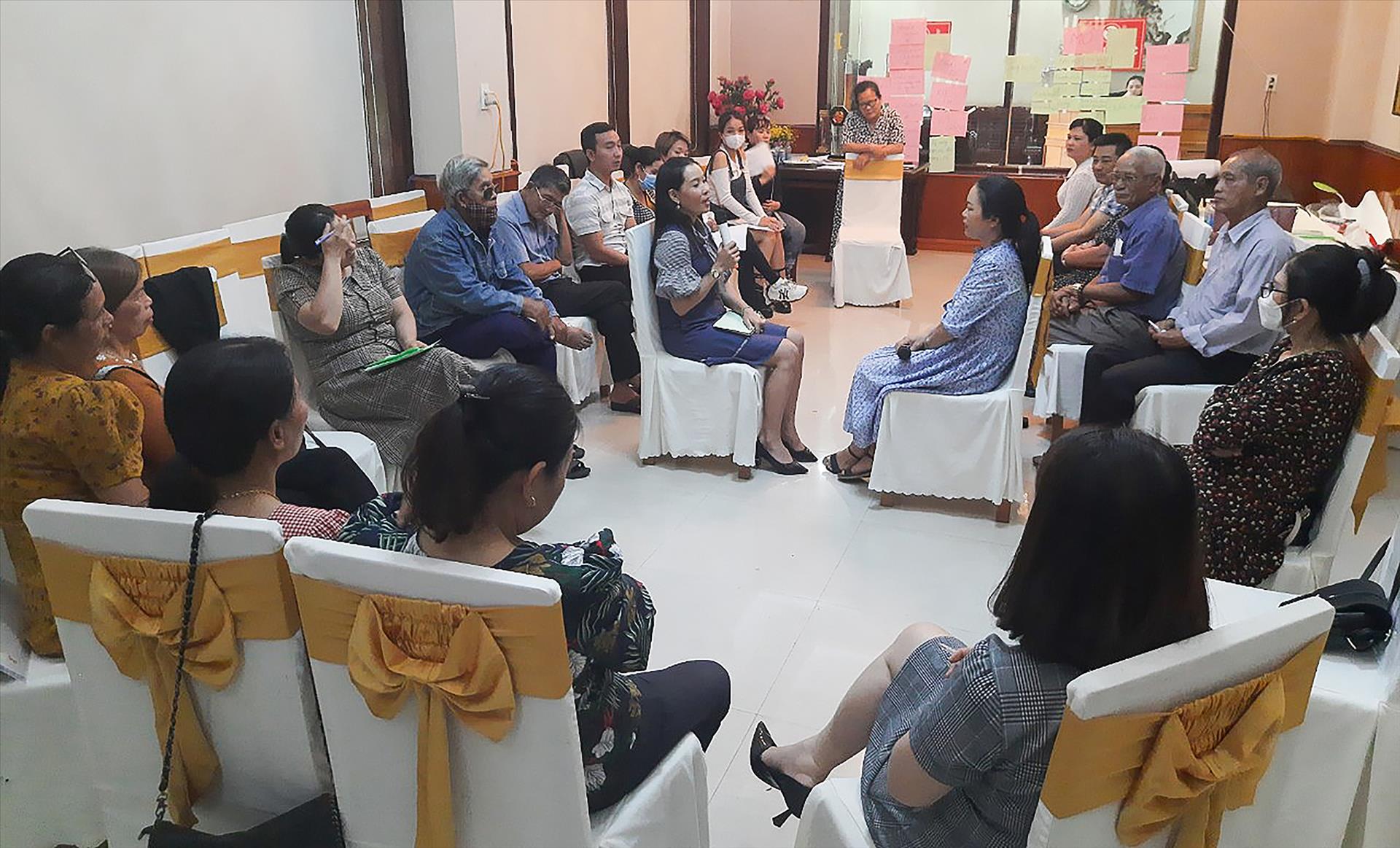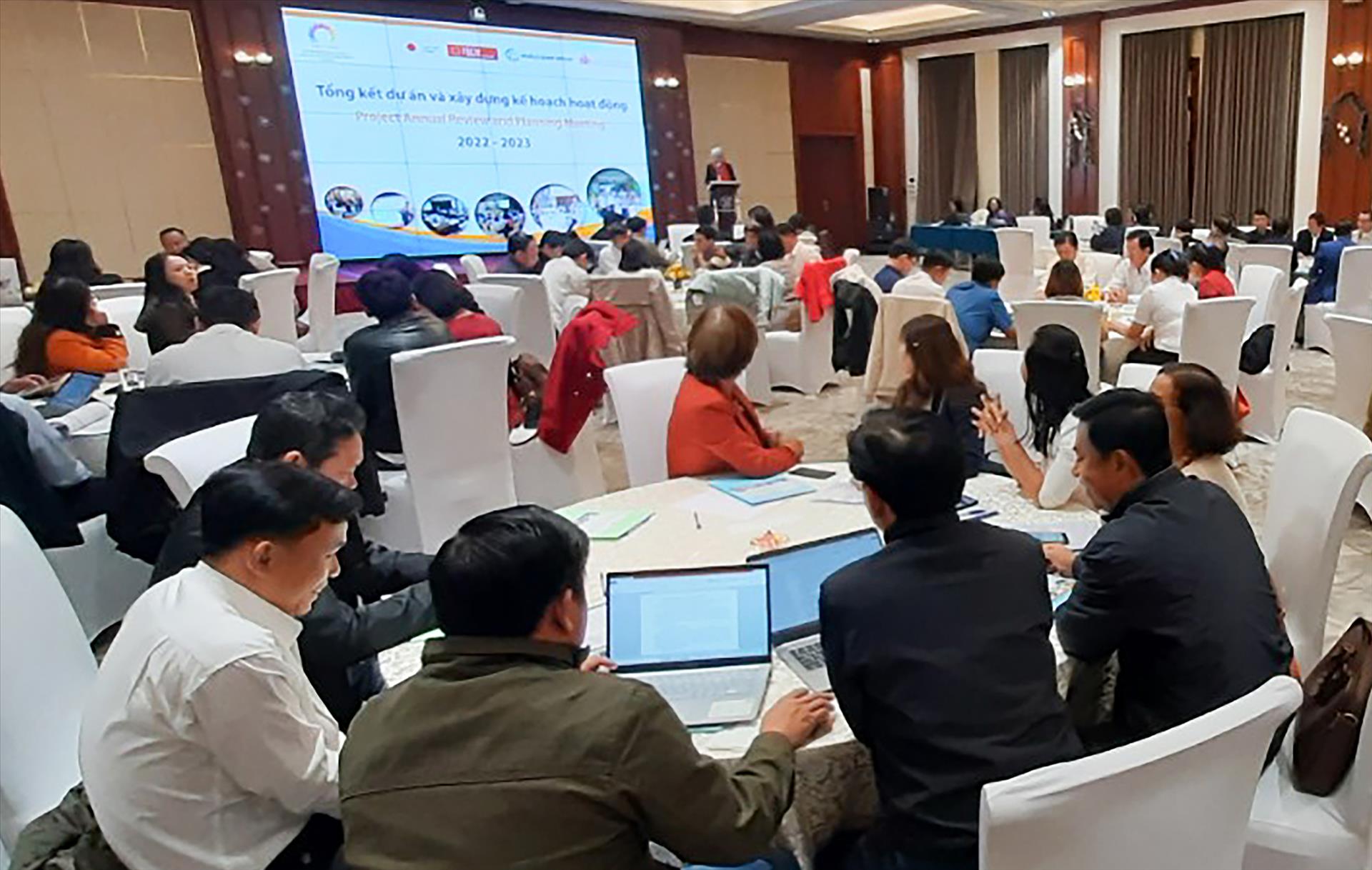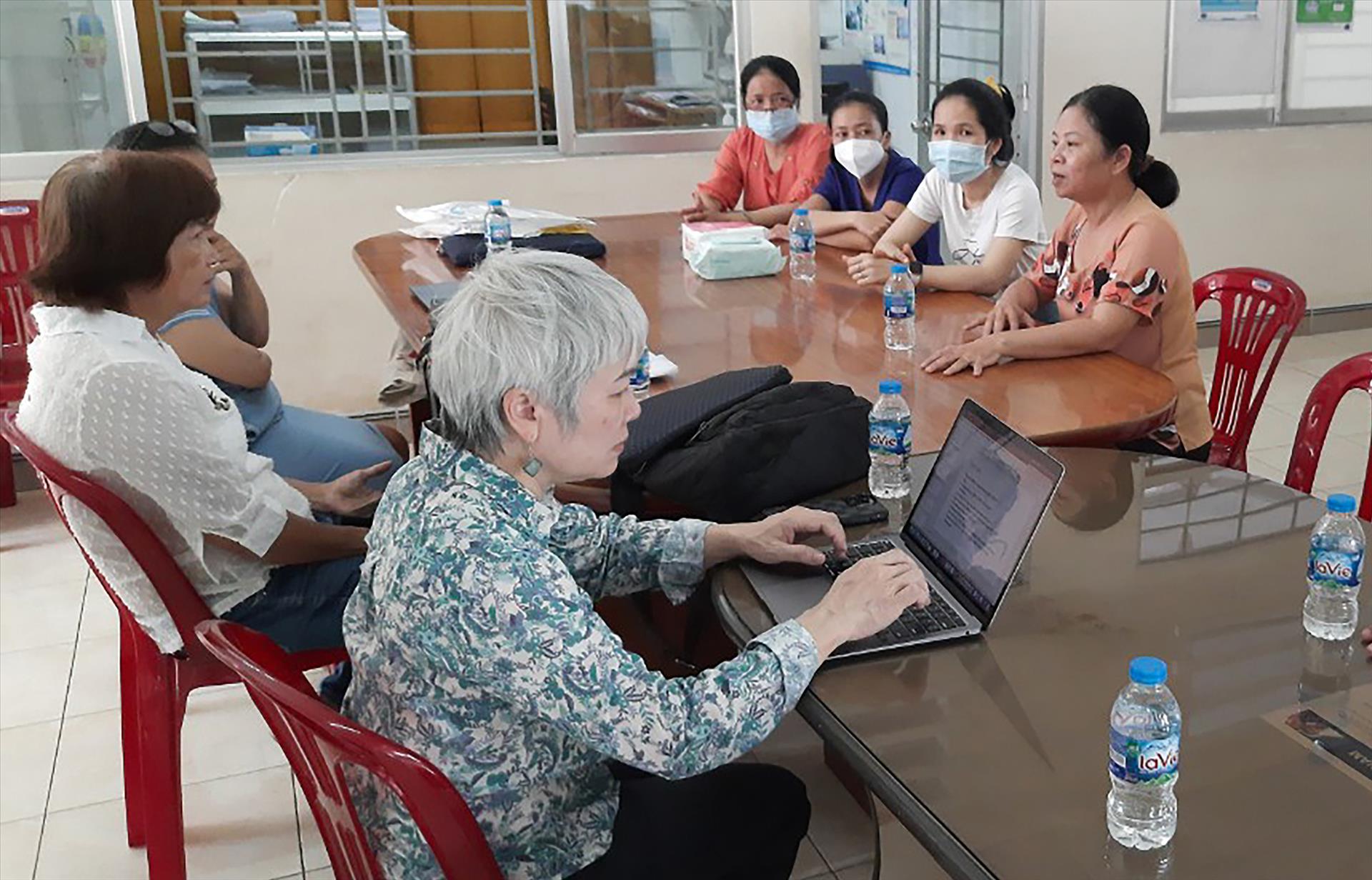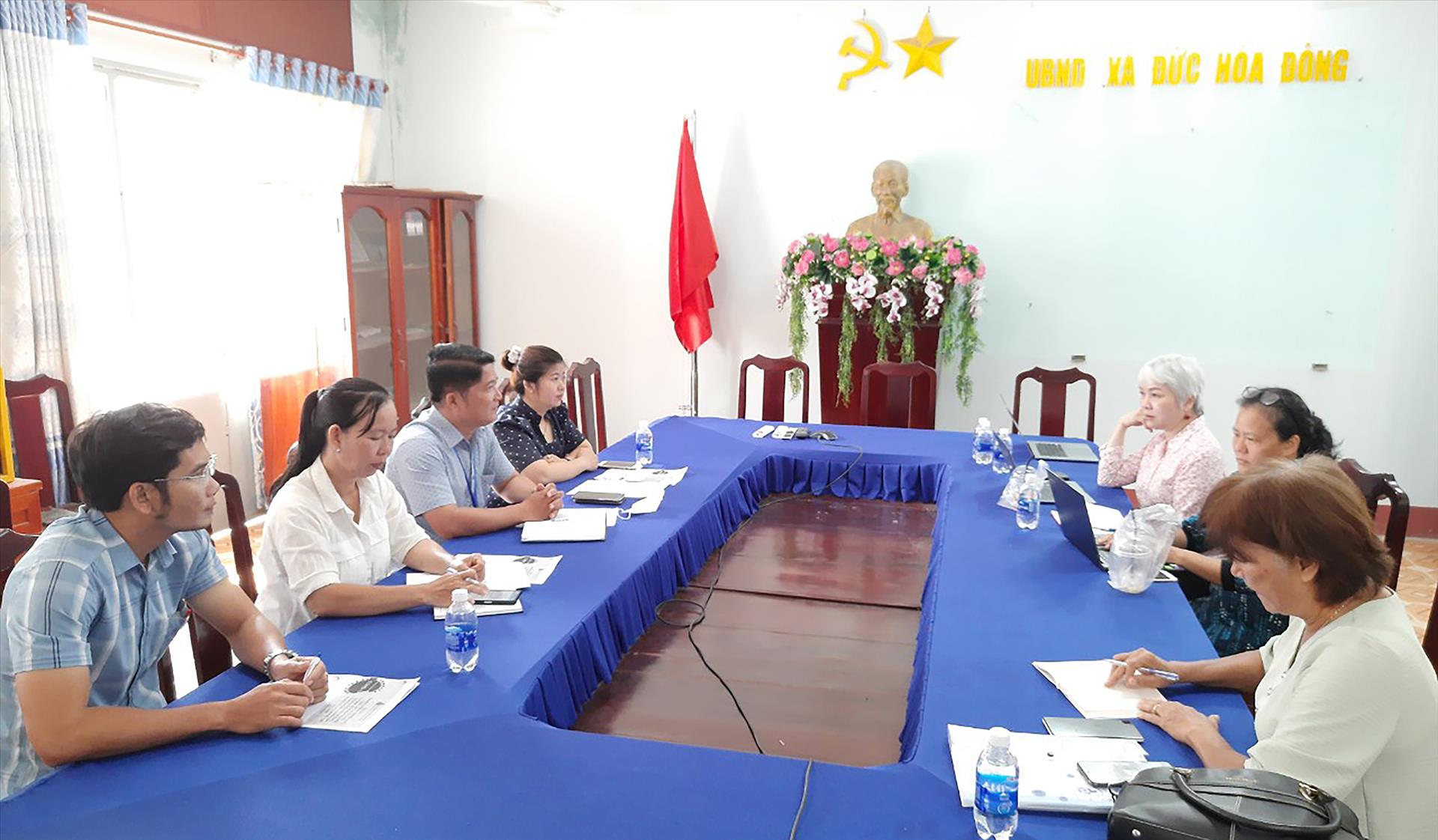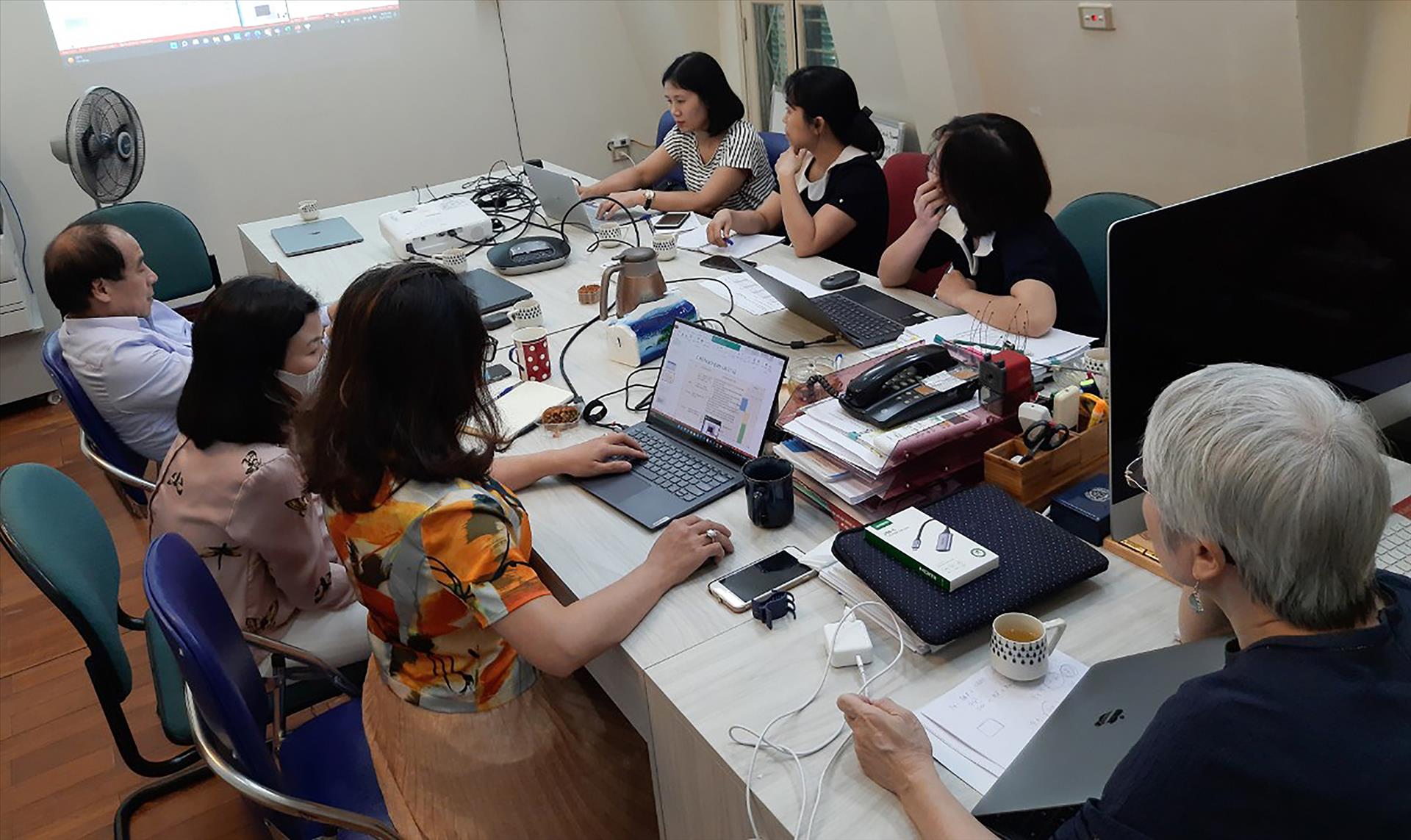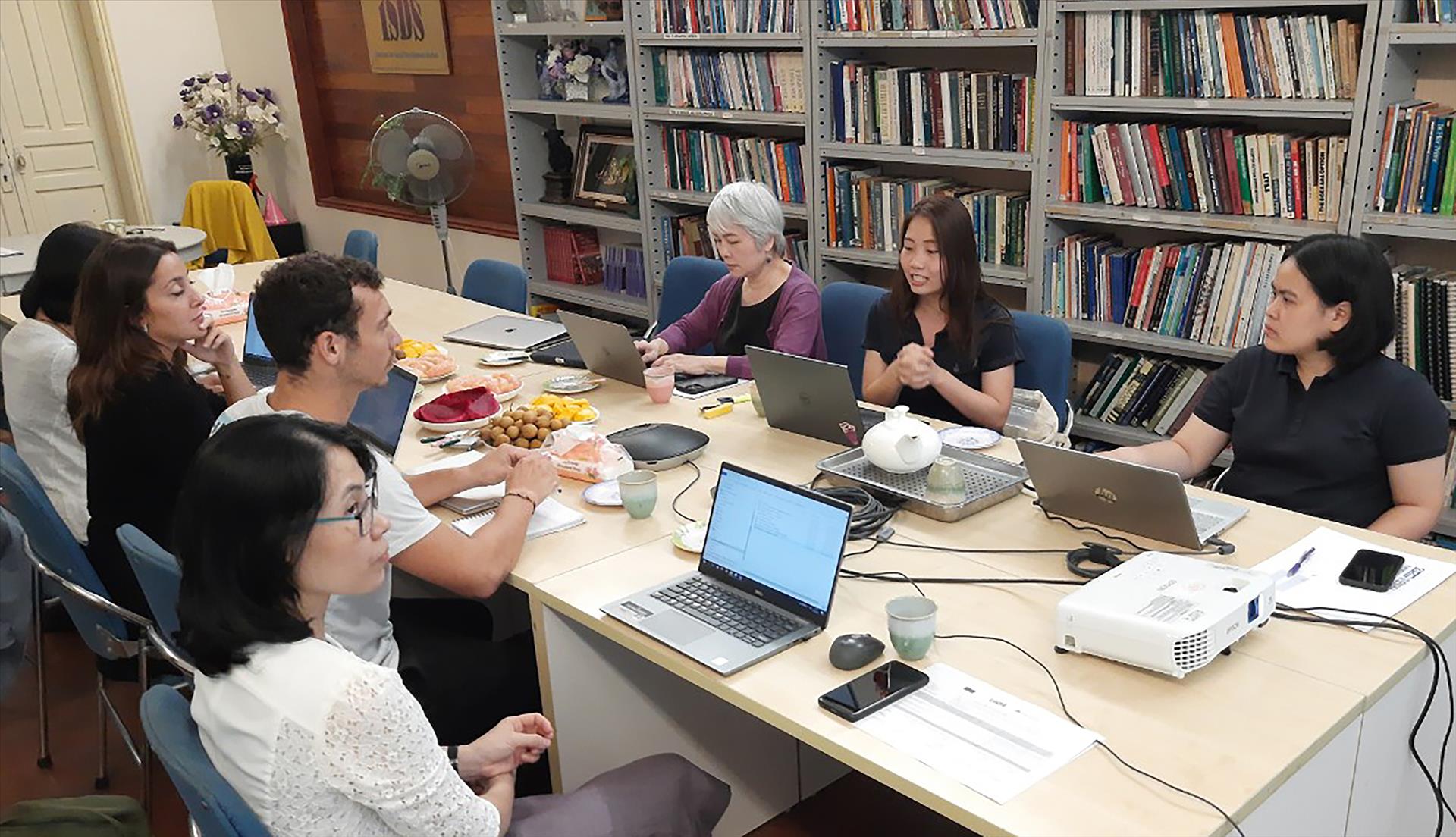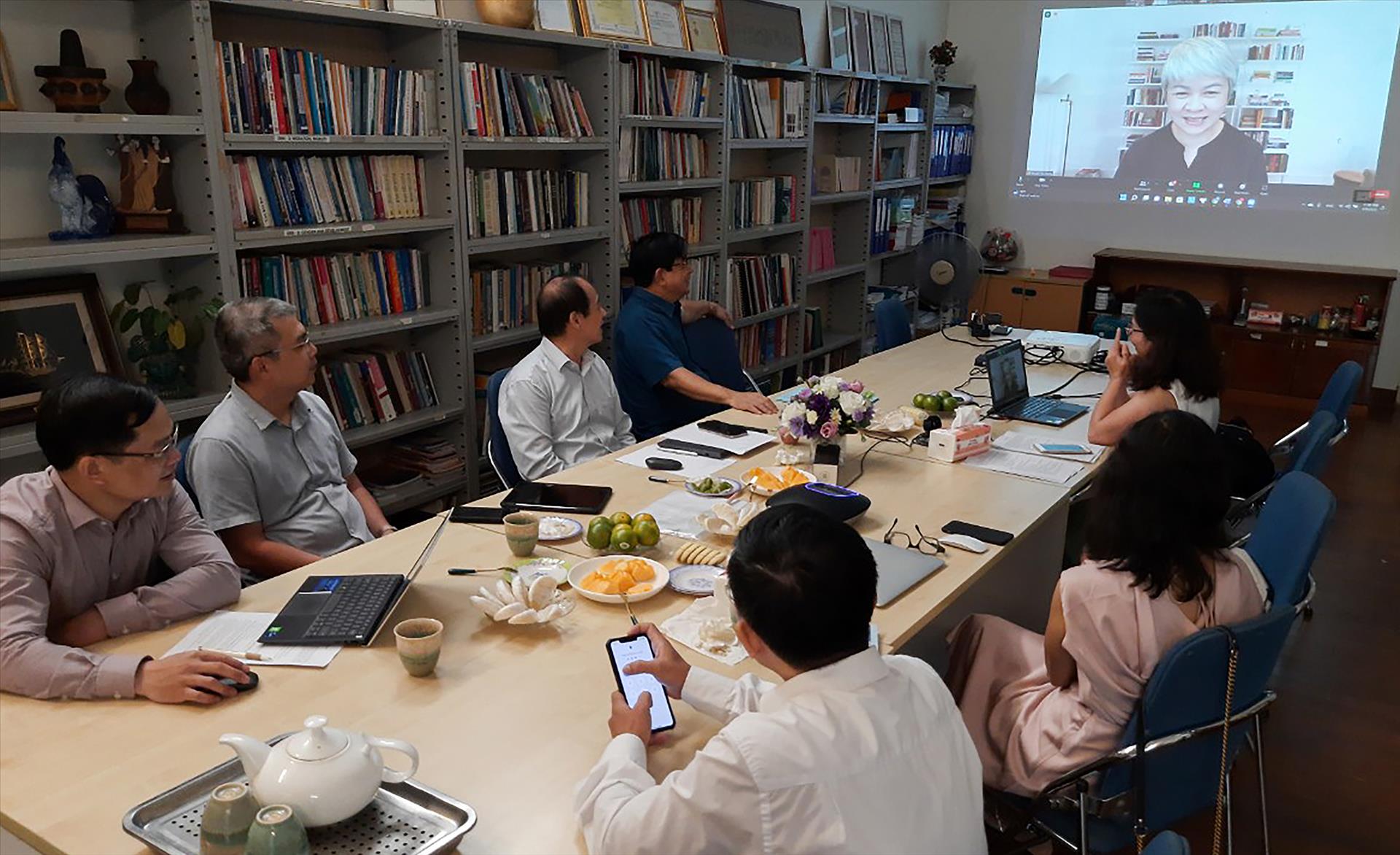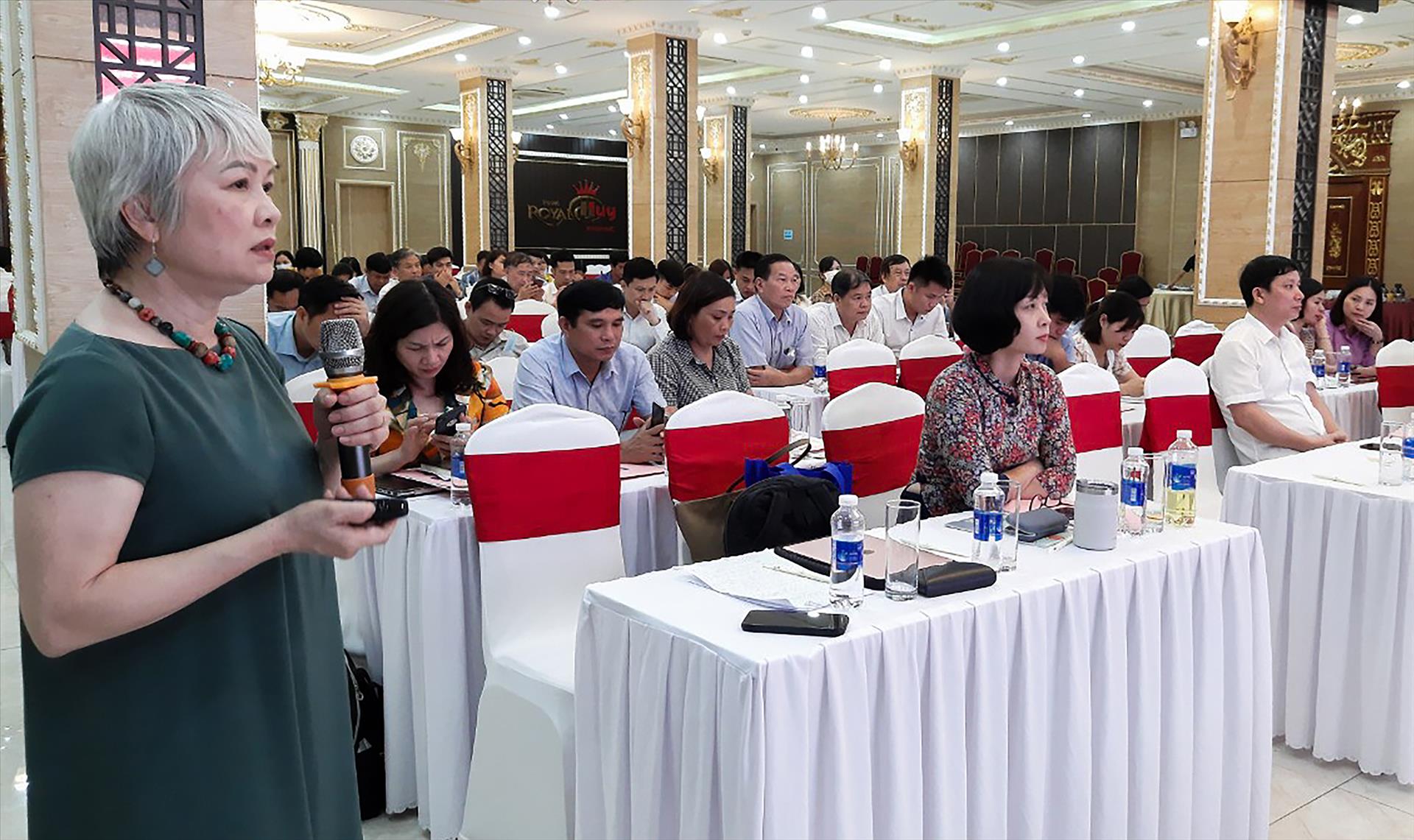Dr. Khuat Thu hong Accompanying Disadvantaged Groups
Over the years, Dr. Khuat Thu Hong, the founder and director of the Institute for Social Development Studies (ISDS) in Vietnam, has made a great effort to supporting disadvantaged groups in the society.
Dr. Hong and her colleagues at (ISDS) have developed a series of toolkits aimed at fostering attitude and behavior changes for disadvantaged people. These toolkits have been referenced by the Vietnamese government during the development and enactment of the Law on Prevention and Control of the Human Immunodeficiency Virus and Acquired Immunodeficiency Syndrome (HIV/AIDS), as well as the Law on People with Disabilities.
Since its establishment in 2002, ISDS has conducted numerous studies on disadvantaged groups in society. Through this effort, ISDS, in collaboration with other research institutions, has assisted the Vietnamese government in enhancing and formulating evidence-based social policies. This process emphasizes the vulnerability of different societal groups and ensures inclusiveness. ISDS engages in social research not only for scientific purposes but also actively employs research findings to serve community development goals and raise societal awareness.
In 2004, following a study on the situation of stigma and discrimination against people living with HIV, ISDS developed the toolkit "Guidelines for activities to understand and reduce stigmas and discrimination related to HIV/AIDS".
In the following years, based on their practical research, ISDS developed toolkits aimed at supporting attitude change and reducing stigmas towards various disadvantaged groups, such as people who inject drugs, sex workers, and the disabled community. These toolkits have proven to be highly valuable as they guide specific changes in the thinking and behavior of these vulnerable communities, transitioning from well-intentioned thoughts to positive actions in reality.
Dr. Hong emphasized: “For people living with HIV, if we stigmatize them, many of the actions they need to undertake might be carried out in secrecy, potentially resulting in incomplete adherence to safety measures. The same applies to individuals within the LGBT community (comprising lesbian, gay, bisexual, transgender individuals). If society stigmatizes them, they may not have equal access to educational and work opportunities, and they will live with a constant sense of self-consciousness, inhibiting their aspirations to progress. Inadvertently, society fails to harness their talents and contributions”.
She also said that in 2006, the HIV/AIDS Prevention and Control Law was enacted, and in 2010, the Law on People with Disabilities came into effect. These are not only positive signals for marginalized groups but also for researchers and social workers like Dr. Hong and her colleagues at ISDS. What brings her even more joy and serves as motivation for Hong and her colleagues is when the results of ISDS's research is consulted during the law-making process.
Dr. Hong believes that right now, each individual needs to take even more positive and strong actions, contributing their efforts to work alongside the government to fulfill the commitment - Vietnam Leaves No One behind./.
Story: Thao Vy Photos: Khanh Long/VNP & Files Translated by Nguyen Tuoi
